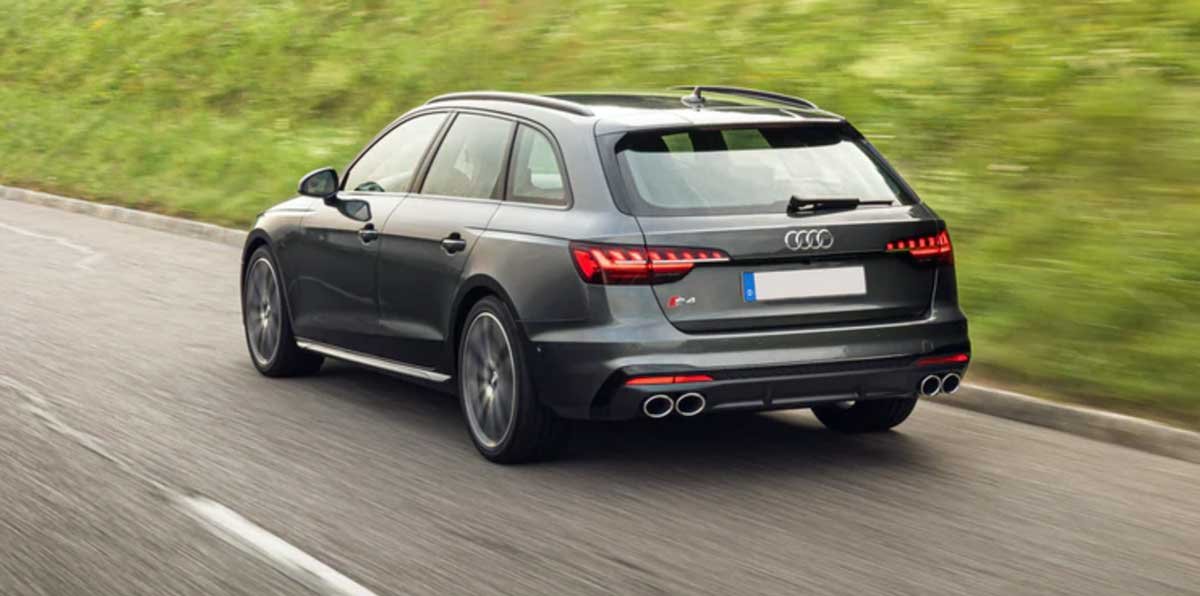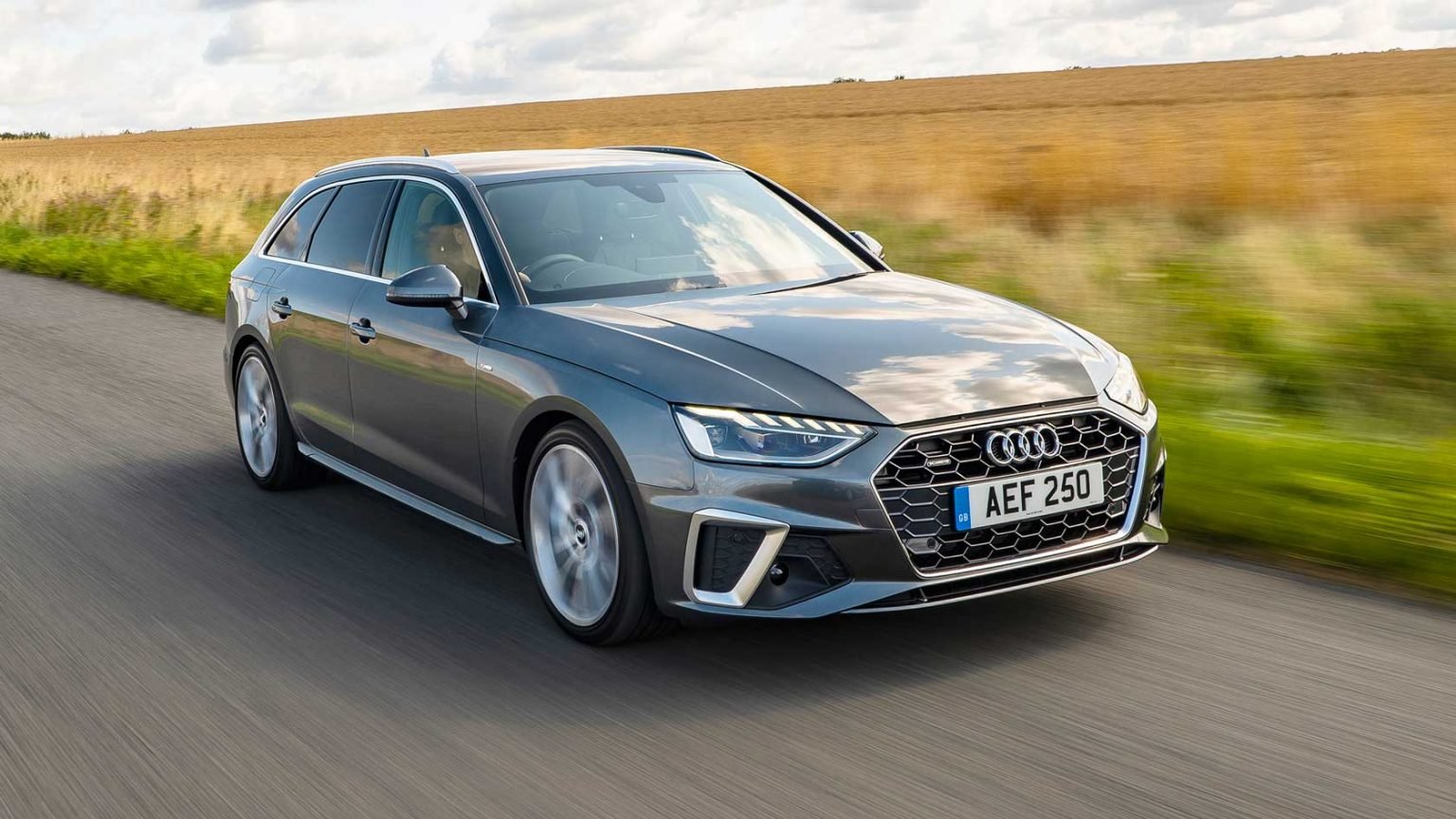There was a time when diesel cars were much appreciated than their petrol counterparts, however, we are seeing a shift again as more countries adopt the eco-friendly way forward.
With the uncertain time, every car owner has been asking the same question – is it a bad time to invest in a diesel car? Will it be tough to sell diesel cars in the coming years? Are diesel cars going to be out of circulation?
And many more such queries have been knocking our door for months. In this article, we aim to show you both the sides, exploring whether or not you should plan on buying them.
With the current demonising of the Diesel cars, the future of the cars seems uncertain. The UK Government also recently announced that all new cars will be electric from 2025 in order to reduce emissions and air pollution.

The 2020 state of Diesel Cars
At the present, diesel cars are subjected to an increased first-year road tax as compared to petrol cars. Moreover, they also have to pay emission surcharges and extra parking fees. Of course, this indirect increase in the price is reflected in the data for diesel cars where almost 50% of the current diesel owners are planning to change their car into petrol, electric or hybrid. This has also led to a decrease in the price of diesel cars by 25%!
Road Tax on Diesel Cars
The annual road tax in the UK is fixed at £150 a year for most cars. However, the first-year tax rates are decided based upon the carbon dioxide emission (CO2). Previously, a new diesel car would emit between 111-130g/km of CO2, leading to a one-off road tax payment of £160. With the recent development in 2017, the price has been revised and now stands at £175 (meeting RDE2 standard) or £215 (otherwise).
Benefit-in-Kind Company Car Tax
First-year tax increase seems fairly minor, but the benefit-in-kind rate rise has been affecting the decision of many diesel car owners. The hike in the annual rolling tax was rolled out for all the diesel cars registered on or after 1st January 1998. Further to this, any new diesel car registered in 2019 was subjected to a 1% increase in the diesel tax supplement; from 3% to 4%.
Clean Air Zones
The UK government has an Air Quality Plan that aims to set up cleaner air zones. This means that cars with higher emissions will not be allowed, and this includes all kinds of combustion vehicles. There are also plans for a Zero Emission Zone, which will further dampen the popularity of diesel cars, and would eventually fade them out entirely. It is also said that they aim to introduce non-zero emission vehicles across the city by 2035.

Should I Buy A Diesel Car?
There are many questions that you ask yourself before buying a car. How frequent do you need to service it? The oil changes, and the fuel efficiency, etc. As much as car servicing is important, it is also crucial to gauge the necessity of the features that you’re looking for. So let’s circle back to the question of the hour – Should I buy a diesel car?
I am sure this is the question that has been running in your mind since you started reading the blog. Let’s look at the challenges involved with buying a diesel car in 2020.
First things first, if you get a diesel car today, you have to pay a higher band of taxation if your vehicle fails to come under the Real Driving Emissions 2 (RDE2) standard for nitrogen oxide emissions.
Let’s look at what RDE2 is.
What is RDE2?
From September 2019, every new car is subjected to the two-step RDE2 testing which basically gauges the amount of nitrogen oxide emitted during the test. In any case, no vehicle should emit more than 80mg/km of nitrogen oxides per kilometre.
The first stage of the RDE2 tests allows the cars to emit approximately 2.1 times the amount of nitrogen oxide during testing. However, during the second stage, they can emit up to 1.5 times.
Now, let’s look at the second-year tax rates.
Second-year Tax Rates
If you use a diesel car, the second year tax rate is £10 more than other fuel vehicles including hybrids and cars powered by bioethanol and LPG. If your Vehicle emits zero CO2 emissions, you are exempted from paying the tax.
We have seen the monetary aspect of owning a diesel car, but let’s look at selling them after 2020. Resale Value is an aspect that every car owner keeps in mind when buying a new vehicle. But with the upcoming shift towards electric vehicles and the £6,000 electric car grant, it will be difficult to find another diesel car buyer.
Will Diesel Be Phased Out?
Speaking with the best car repair shop in Acton, we discussed how diesel cars will not completely go out of circulation and phase out as the fuel market is quite huge. Moreover, the threat that applies to diesel is also applicable to other fossil fuels like petrol cause’ we are looking at a revolution in renewable energy.
Taking the conversation forward, we have also noticed that larger diesel cars, which includes SUVs, are able to hold their value better than smaller vehicles. The price reduction is not as dramatic as it may have been shown.
The Future of Diesel Cars
There was a time when diesel cars were more sustainable and green than petrol. In fact, diesel cars were encouraged due to their lower emissions which were in line with the UK government aim to reduce greenhouse gas emissions to 12.5%.
However, this was taken forward with the ‘Dieselgate’ Controversy which ended with Volkswagen admitting to lying about how ‘green’ their cars were. This led to a ripple effect with Europe’s bigger car makers amplifying the production of electric cars, and looking down on the diesel fuel.
With the fall in the popularity of diesel cars, it has affected millions in the auto industry, driving them into a crisis. From the manufacturing jobs to the car dealerships, everything was affected for a while. However, as human’s nature is to adapt and innovate, there has been an effort to meet the emissions standards. The ‘bad’ Volkswagen Cars have been revamped and modified to meet the new emission standards and more.
While there is no sure way to see what the future brings, as long as diesel cars are on the roads, they will be serving the purpose, circulate, and eventually meet the needs of the people.

